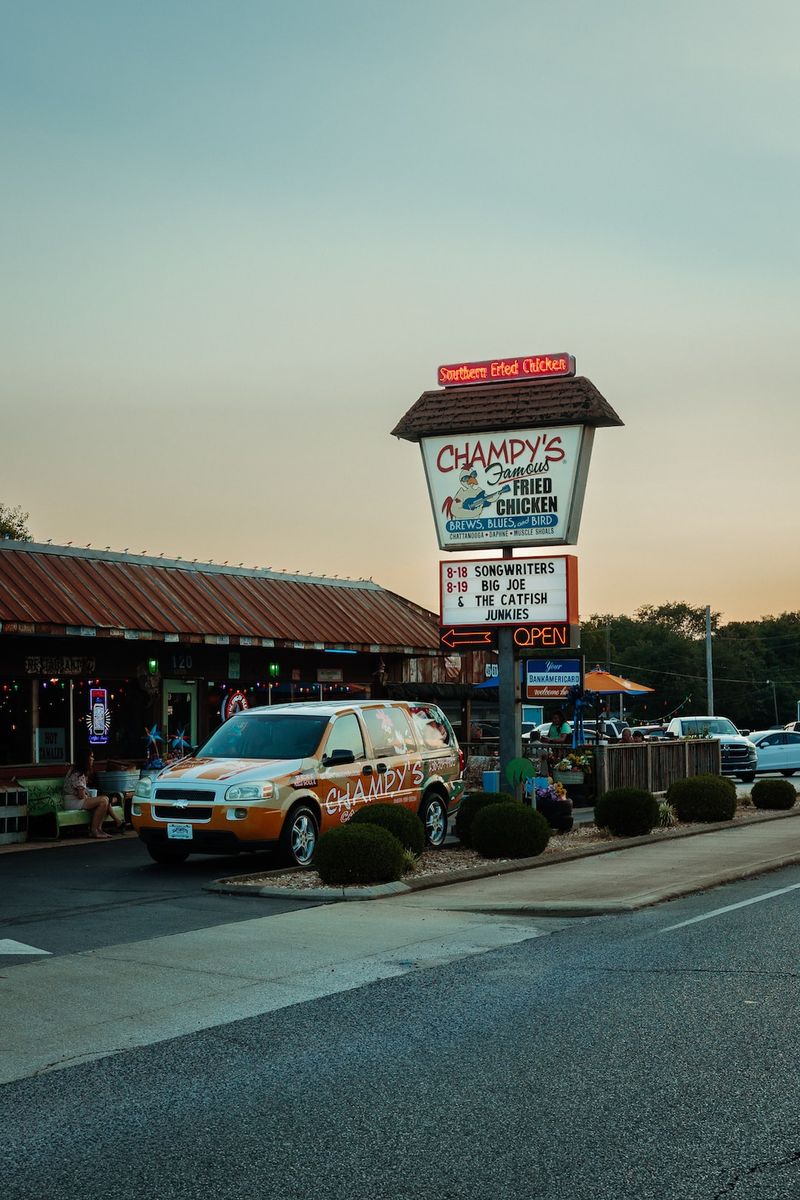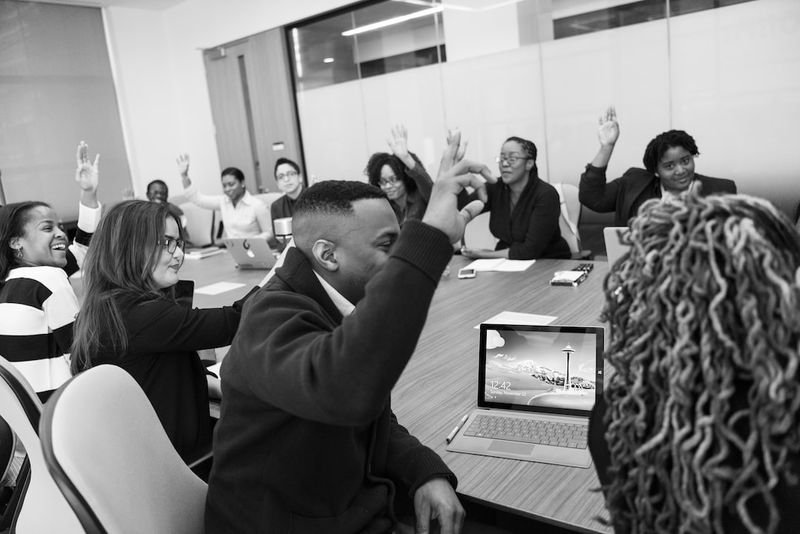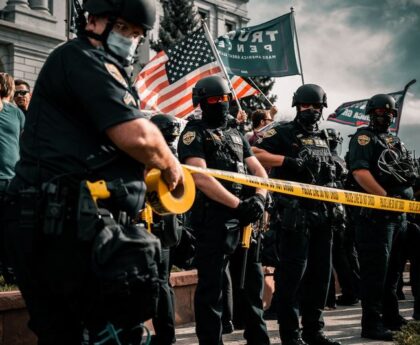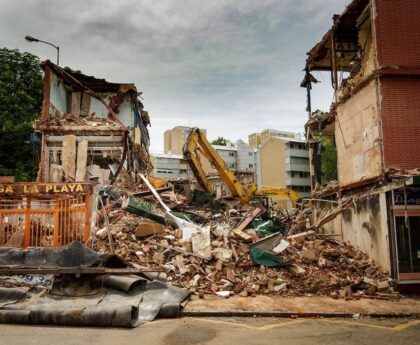When is Eid al-Adha 2023? Big Eid start date, what ‘Eid Mubarak’ means and the festival explained
Eid al-Adha: A Sacred Islamic Festival
Eid al-Adha is one of the most important festivals for Muslims around the world. Also known as the “Festival of the Sacrifice” or colloquially as “Big Eid”, it holds great significance in Islamic traditions. This festival marks the culmination of the Hajj pilgrimage to the Kabba in Mecca and honors the story of the prophet Ibrahim (known as Abraham in the Christian Old Testament).
The story goes that Ibrahim was willing to sacrifice his son as an act of obedience to God’s command. However, before carrying out the heartbreaking request, God provided Ibrahim with a lamb to sacrifice instead. To commemorate this event, an animal, typically a sheep, is traditionally sacrificed and divided into three parts in an act known as Qurbani. One part is given to the poor, another to the immediate family at home, and the final part is reserved for relatives.
The Lunar Cycle and Changing Dates
The dates of Eid al-Adha vary each year due to the Islamic Hijri calendar, which is based on the lunar cycle. This means that its position changes from year to year, making it difficult to predict its date exactly. However, a little more warning is provided compared to Eid al-Fitr, which falls right at the start of the month.
According to Saudi Arabia, which is followed by many Muslims across the world, Dhul-Hijjah, the twelfth month of the Islamic calendar, began on Monday, 19 June 2023. Based on this, Eid al-Adha is set to start on Wednesday, 28 June 2023. The festival lasts for four days and will come to an end on the evening of Sunday, 2 July 2023.
Eid Mubarak: Celebratory Greetings
During both Eid al-Adha and Eid al-Fitr celebrations, Muslims greet each other with the phrase “Eid Mubarak.” The Arabic word “mubarak” translates as “blessed,” while “Eid” means feast, festival, or celebration. Thus, “Eid Mubarak” literally means “blessed celebration” or “blessed feast.” It is a way of wishing someone a happy Eid.
While the phrase “Eid al-Fitr Mubarak” or “Eid al-Adha Mubarak” can be specified to distinguish between the two festivals, “Eid Mubarak” alone is sufficient. Similarly, during the holy month of Ramadan, Muslims wish each other “Ramadan Mubarak” at the start of the month and throughout the fasting period. “Ramadan Kareem,” which translates as “Generous Ramadan,” can also be used, but it is less commonly used and carries a broader context.
There is some debate regarding the appropriateness of using “Ramadan Kareem”, as the expectation of generosity can be viewed in contrast to the principles of fasting and prayer central to observing the holy month. However, others argue that the greeting appropriately refers to the generosity of acts towards others.
In conclusion, Eid al-Adha holds immense religious and cultural significance for Muslims. As the festival approaches, Muslims around the world eagerly await the chance to celebrate and observe its rituals. The changing dates of Eid al-Adha, determined by the lunar cycle, add a sense of anticipation and excitement to the festival. Whether through the exchange of greetings or the act of sacrifice, Eid al-Adha is a time for reflection, gratitude, and generosity. “Eid Mubarak” to all those celebrating!

<< photo by Make A Cene LLC >>
The image is for illustrative purposes only and does not depict the actual situation.
You might want to read !
- Ticketek Smashes Records as Taylor Swift’s Sydney Presale Sells Out
- James Gunn’s Bold Casting Choice: David Corenswet Takes Flight as Superman
- Is the Legacy of ‘Superman: Legacy’ in the hands of David Corenswet and Rachel Brosnahan?
‘Clark Kent’s Cape: David Corenswet and Rachel Brosnahan to Take on Superman: Legacy’




